In a dramatic turn in diplomatic relations, United States President Donald Trump’s pursuit of the Nobel Peace Prize has coincided with a sharp downturn in India-US ties, with New Delhi expressing dismay over Washington’s recent actions.Approaching 80 and showing the wear of a long public life, Trump appears increasingly intent on securing the Nobel Peace Prize to define his legacy drawing comparisons to Alfred Nobel, who sought to offset his reputation as the inventor of dynamite. But his current policy decisions, especially towards India, have left observers questioning the alignment between his peace prize ambitions and his diplomatic conduct.
Tariffs, Deportations, and Sharp Words
India, after over a decade of steady progress in strengthening relations with the US, has been jolted by what it perceives as Trump’s unilateral power plays. Since the start of his second term in January, Trump has repeatedly expressed concern over the US trade deficit with India. Early signs of strain emerged with the publicised deportation of Indian citizens from the US, many in handcuffs.The situation escalated in late July when Trump imposed a 25% ‘reciprocal’ tariff on Indian goods, even as bilateral trade negotiations were underway. This was followed by another 25% tariff as a penalty for India’s continued purchase of Russian crude oil. Trump also labelled India — alongside Russia — as a “dead economy,” further inflaming tensions.Critics have pointed out the contradictions in Trump’s stance, especially given the US’ own historical military interventions, its role in NATO’s eastward expansion, and ongoing financial and military support to Israel amid the war in Gaza.
Frustrations and Missed Goals
Six months into his latest term, Trump faces frustration on several fronts. He has failed to end the wars in Ukraine and Gaza — conflicts he promised to resolve on his first day in office and has been met with firm resistance from India over his desire to be credited for de-escalating tensions between India and Pakistan earlier this year.Adding to his political challenges is domestic discontent over his global tariff policy, economic decisions, and renewed public scrutiny over the Jeffrey Epstein files. These pressures have set the stage for the kind of reactionary moves for which Trump is known.
India’s Strategic Calculus
Diplomatic sources suggest that rather than directly confronting Washington’s actions, India should leverage its strengths to shape outcomes in its favour. This includes keeping communication channels with the US open and using its close ties with Russia to work toward a Ukraine peace process — a move that could serve both global stability and Trump’s peace prize ambitions.Indian National Security Adviser Ajit Doval’s recent visit to Moscow, reportedly aimed at preparing for Russian President Vladimir Putin’s upcoming India trip, signals potential space for trilateral engagement. Analysts note that Trump’s policies are increasingly influenced by Western concerns over a more assertive BRICS, particularly on trade and global governance issues.
With Russia rejecting Trump’s peace overtures, China responding firmly to US tariff threats, and South Africa and Brazil already in his crosshairs, India now finds itself as a key focal point. As the world’s most populous nation, second-largest digital market, fourth-largest economy, and a major military power, India holds significant cards — if it plays them with strategic tact and confidence.
(Business Correspondent)
.jpg)
 Ira Singh
Ira Singh 
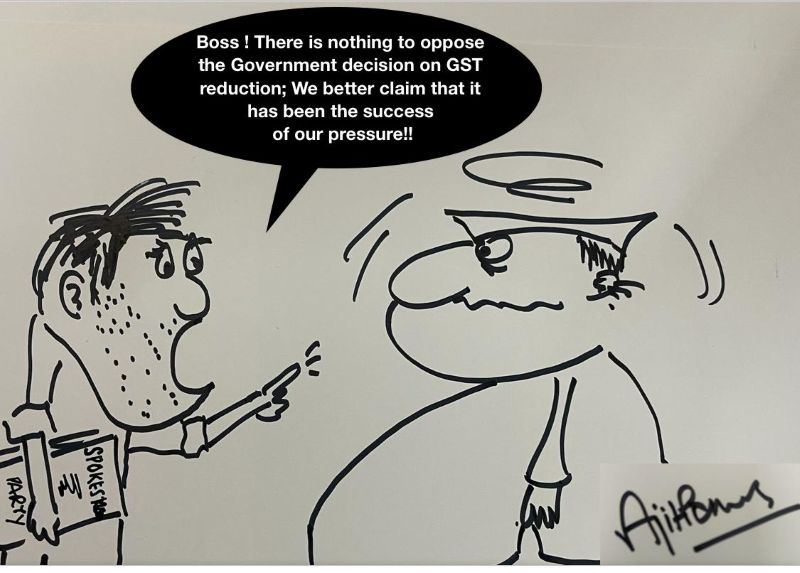
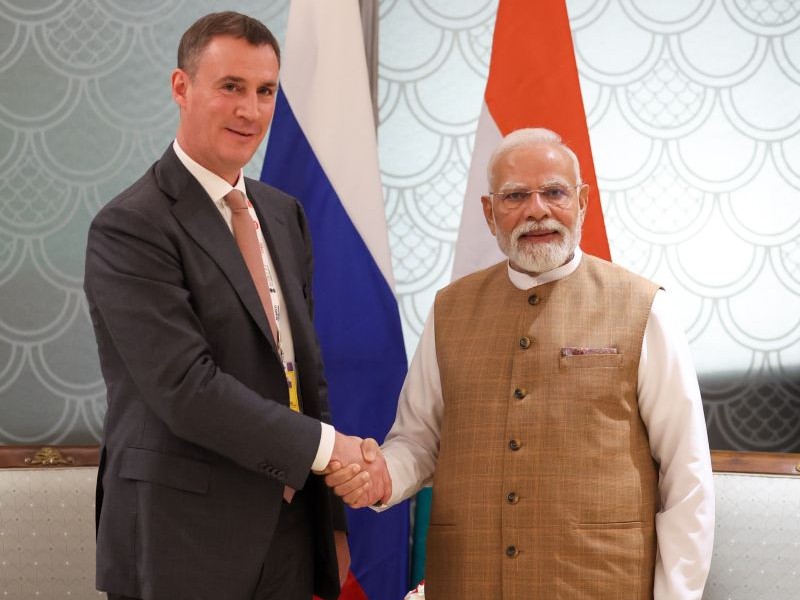
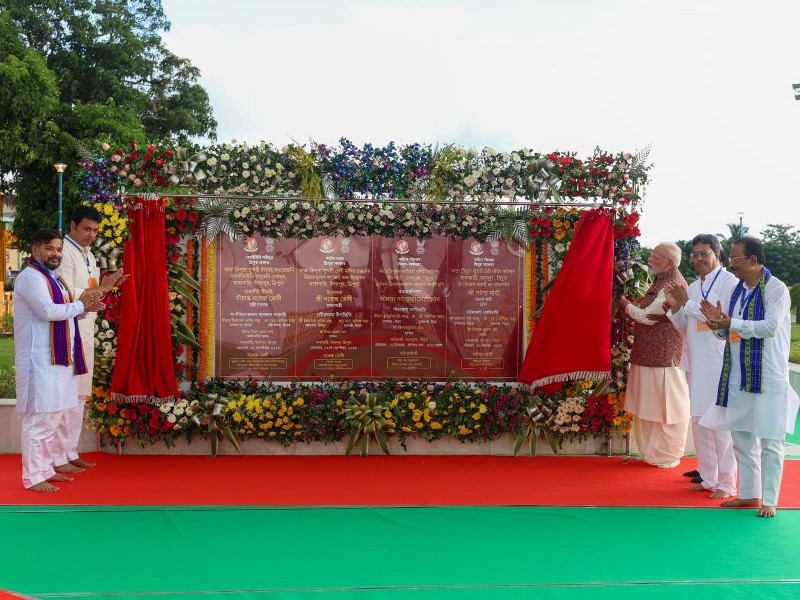
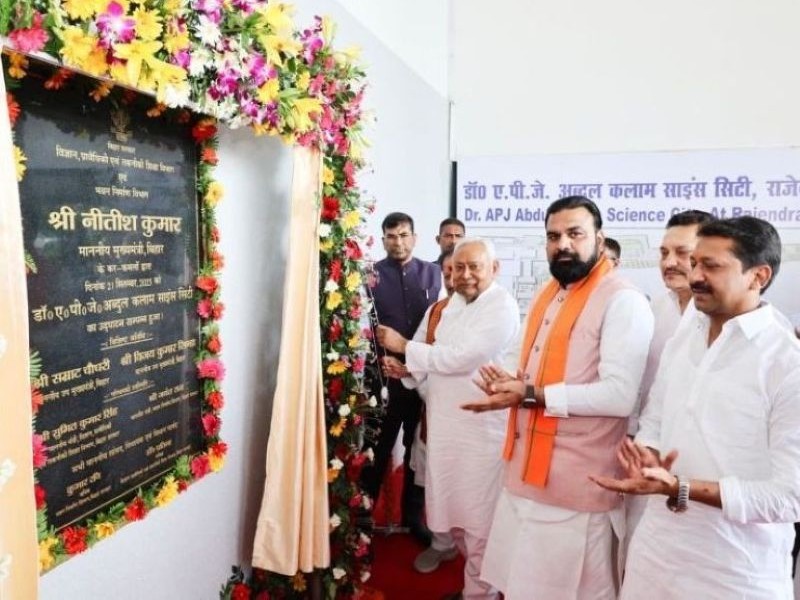
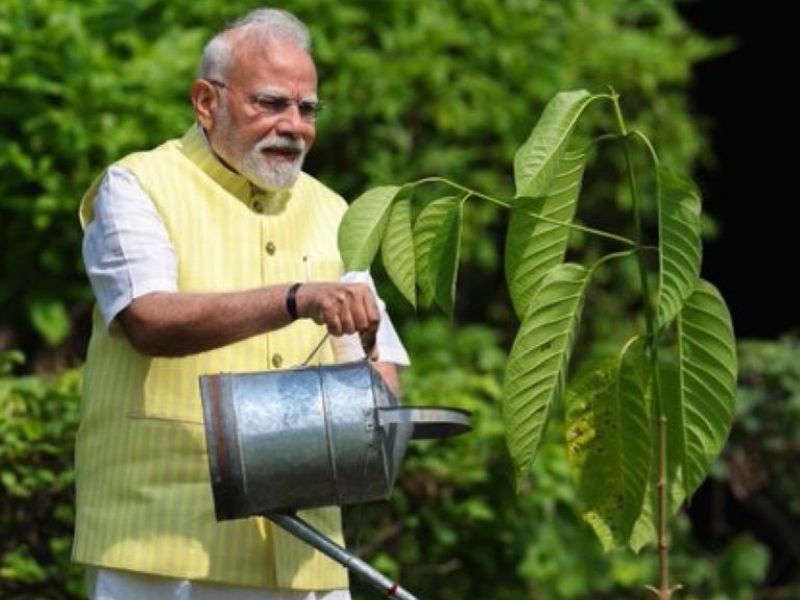
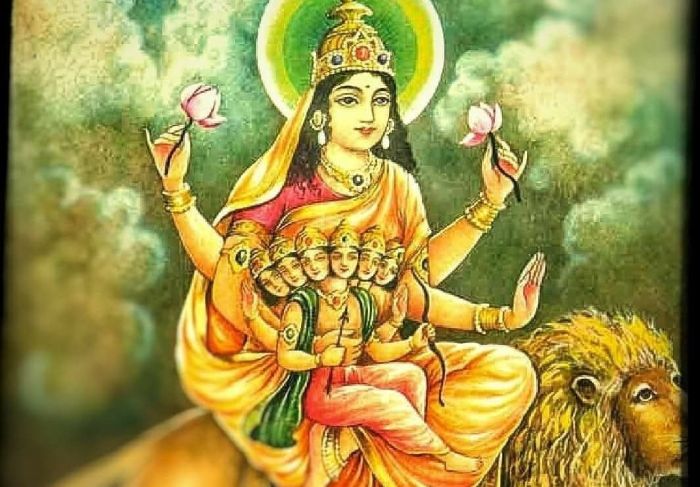
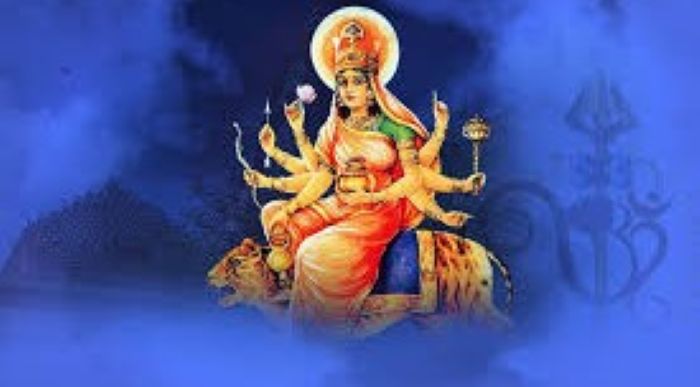
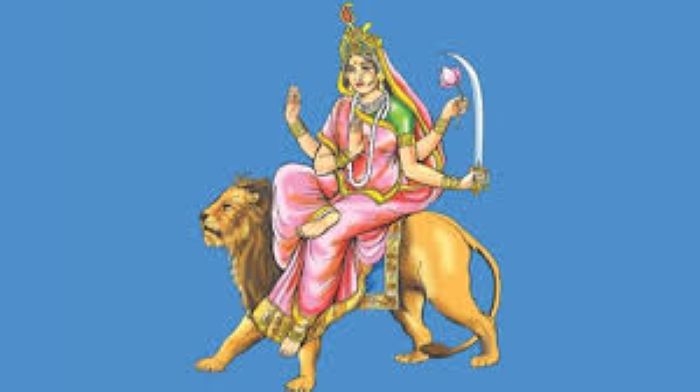
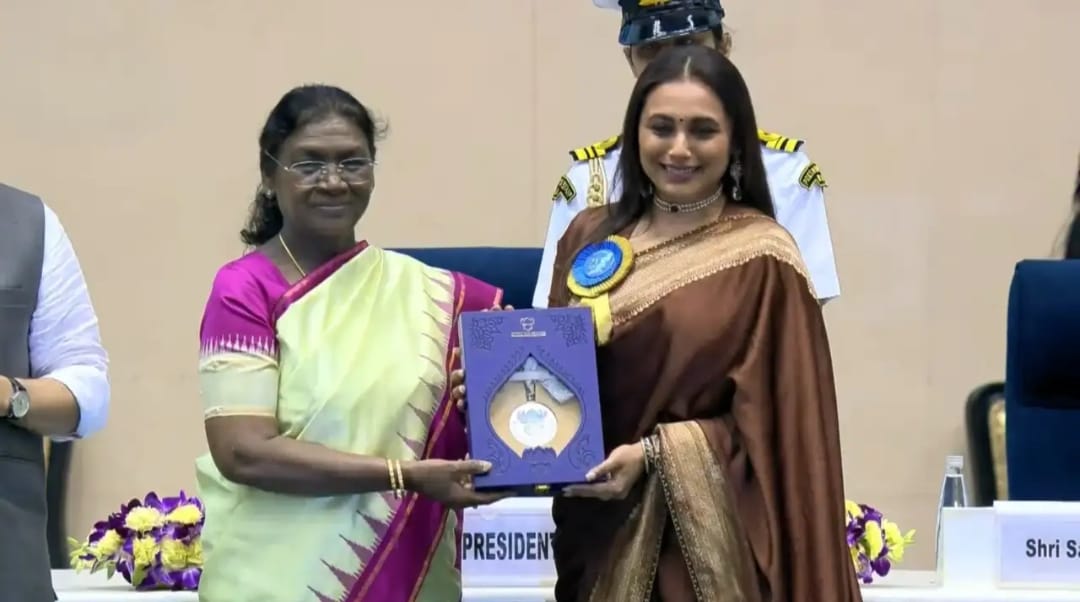

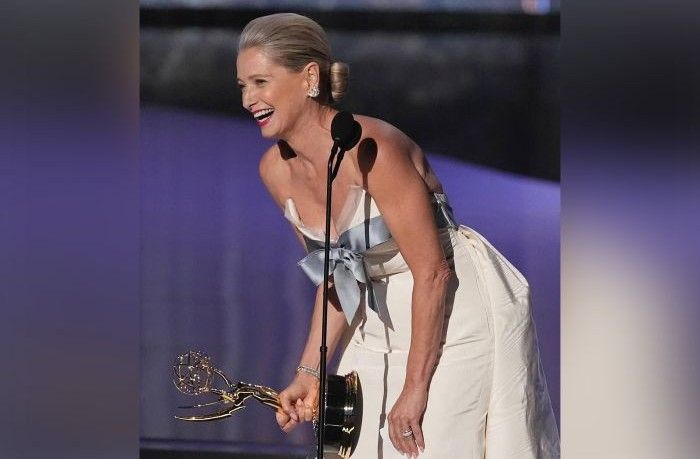

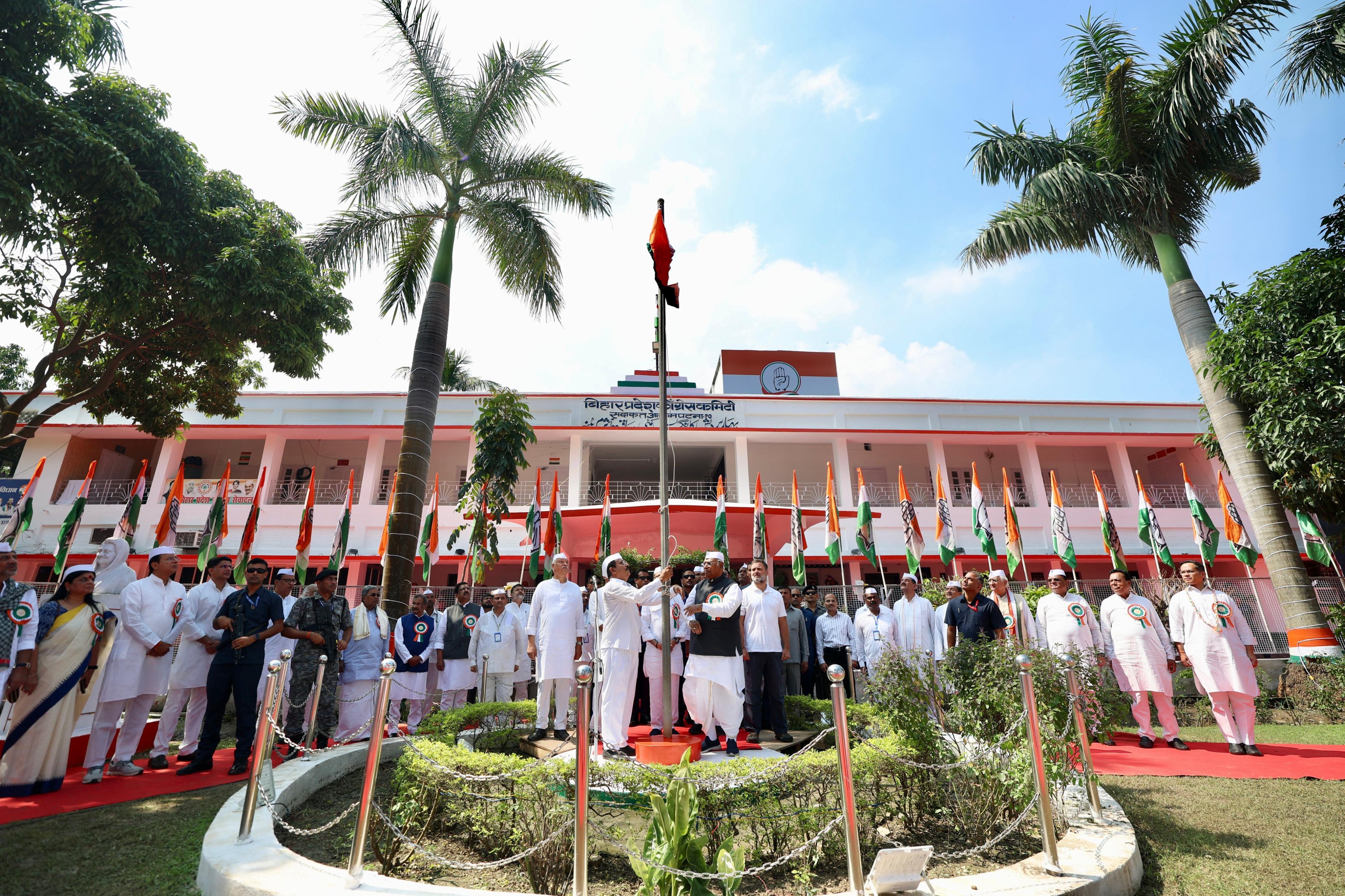
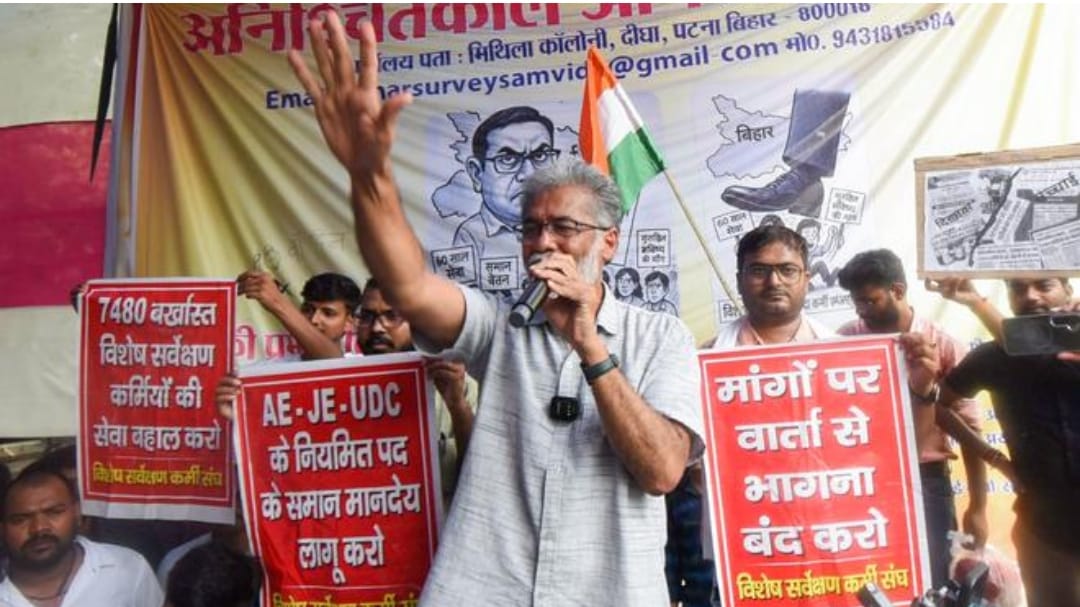

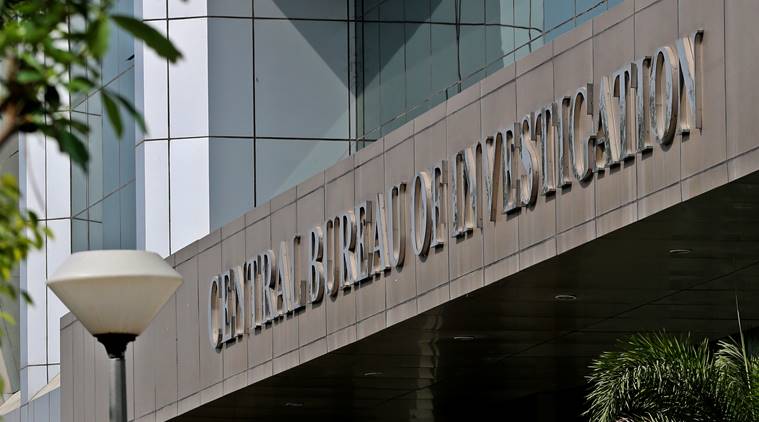
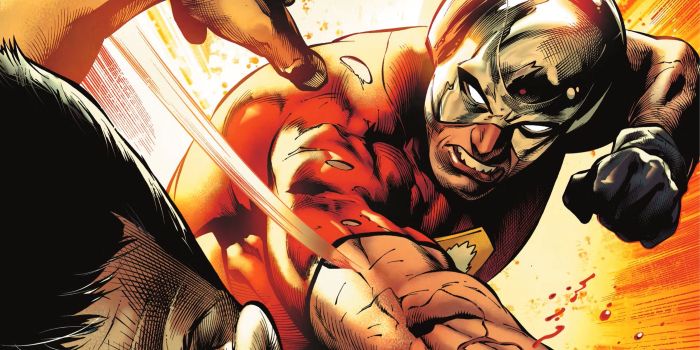
Related Items
Piyush Goyal-led delegation held constructive trade talks with US
India’s economy resilient, ready to withstand global shocks: Sitharaman
PM Modi meets Russian Deputy PM Dmitry Patrushev